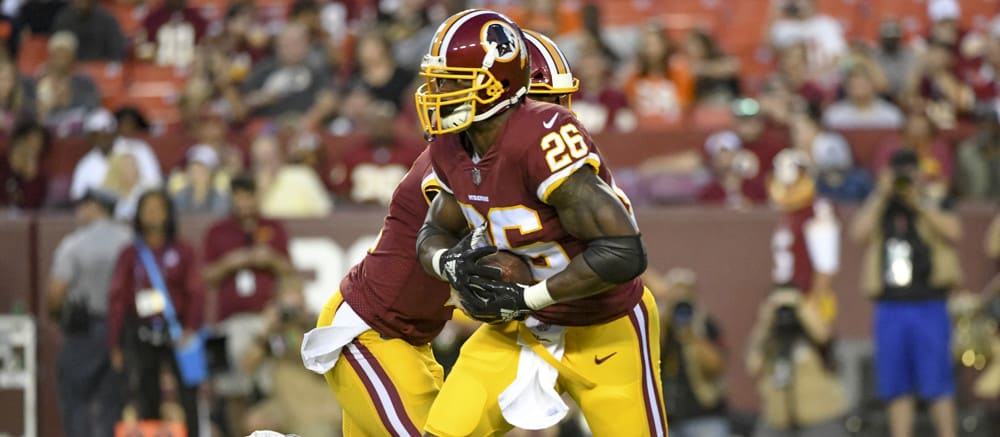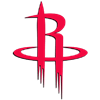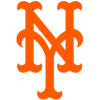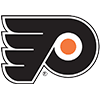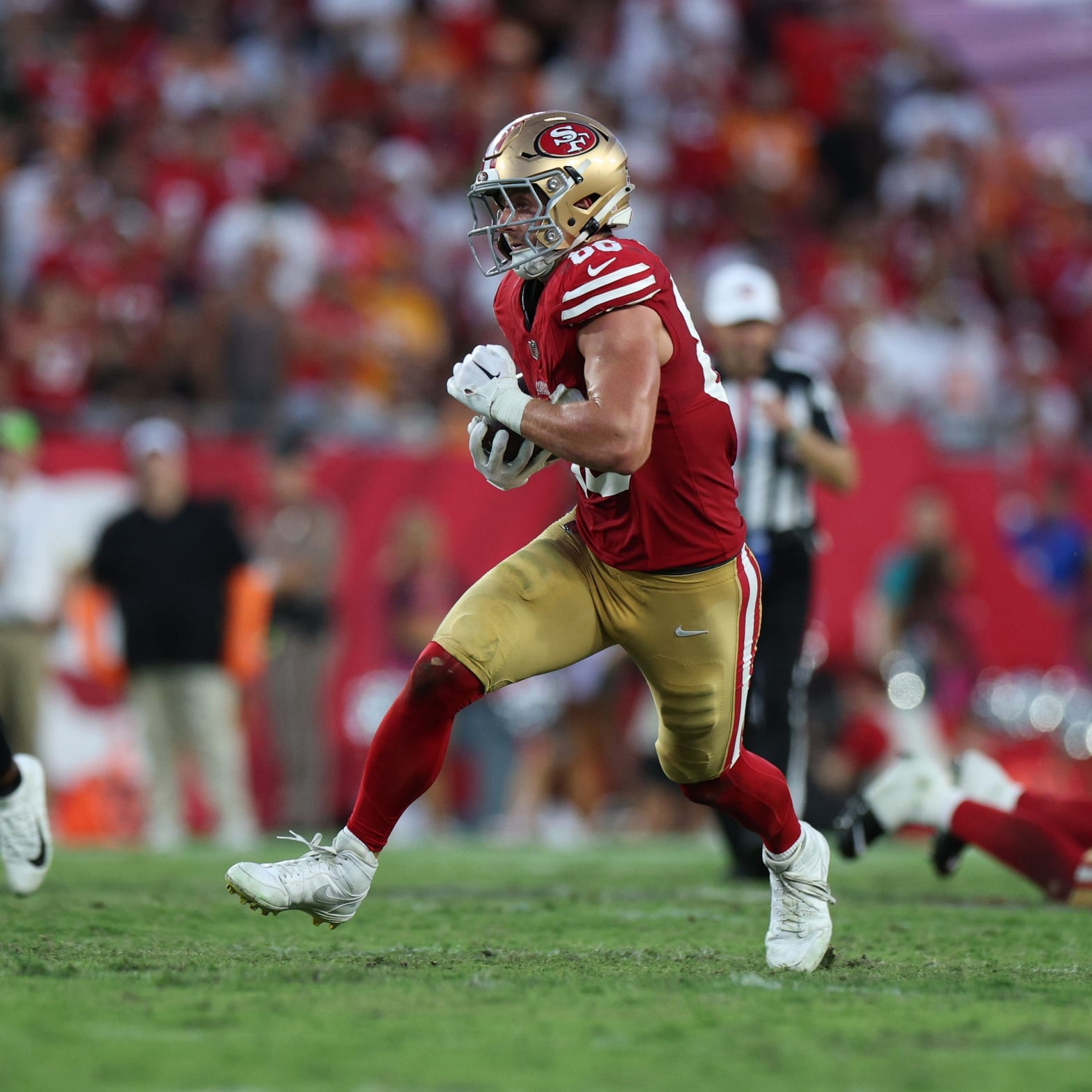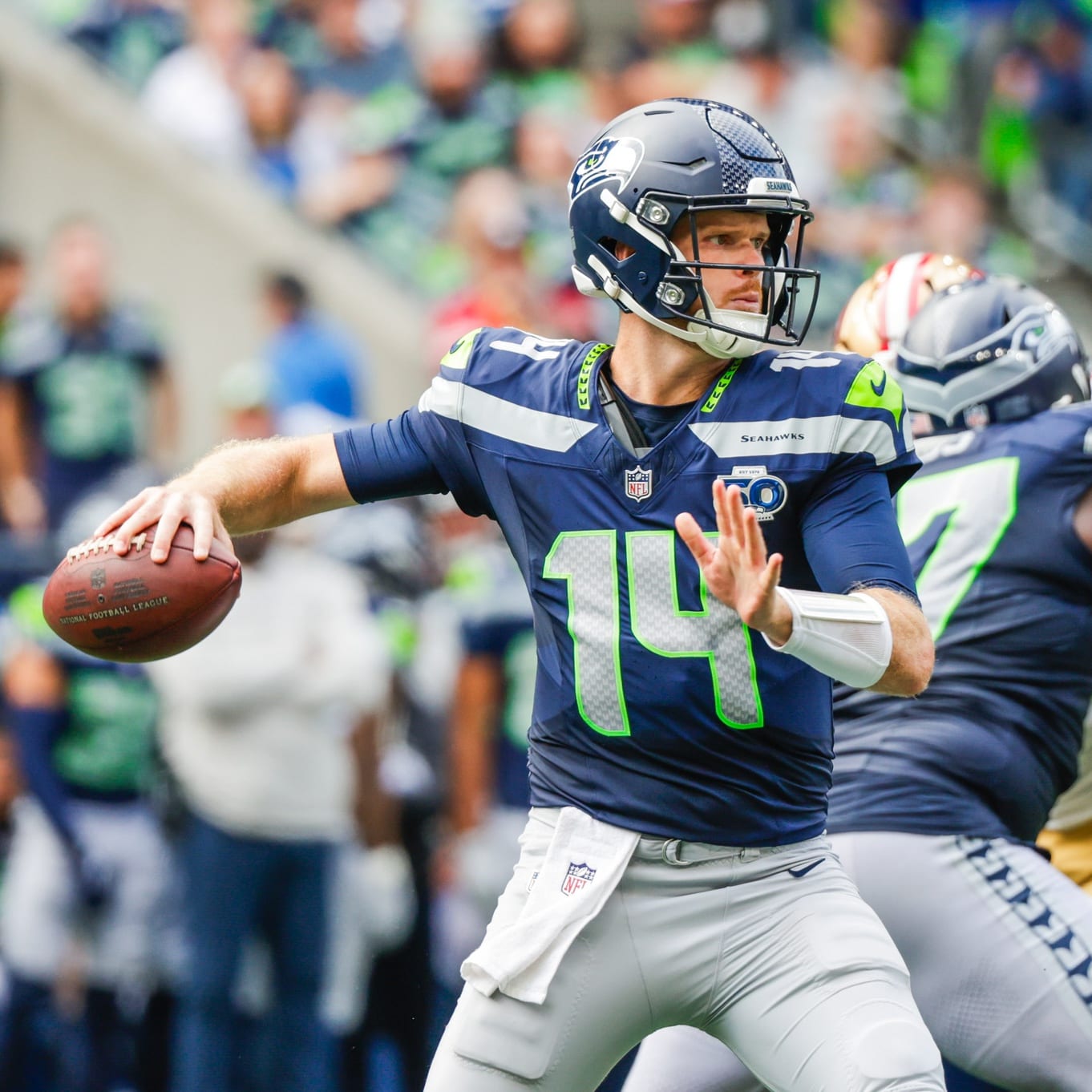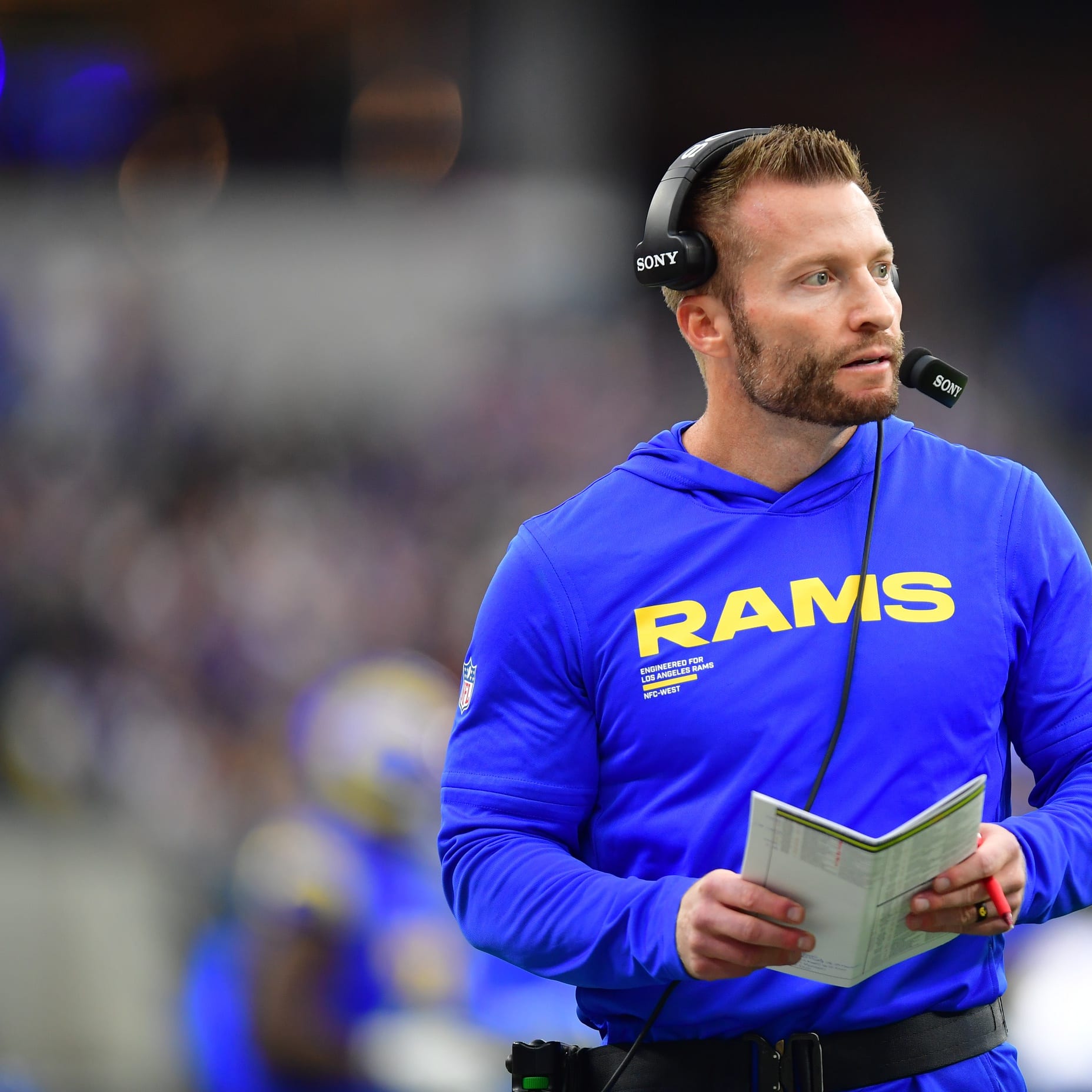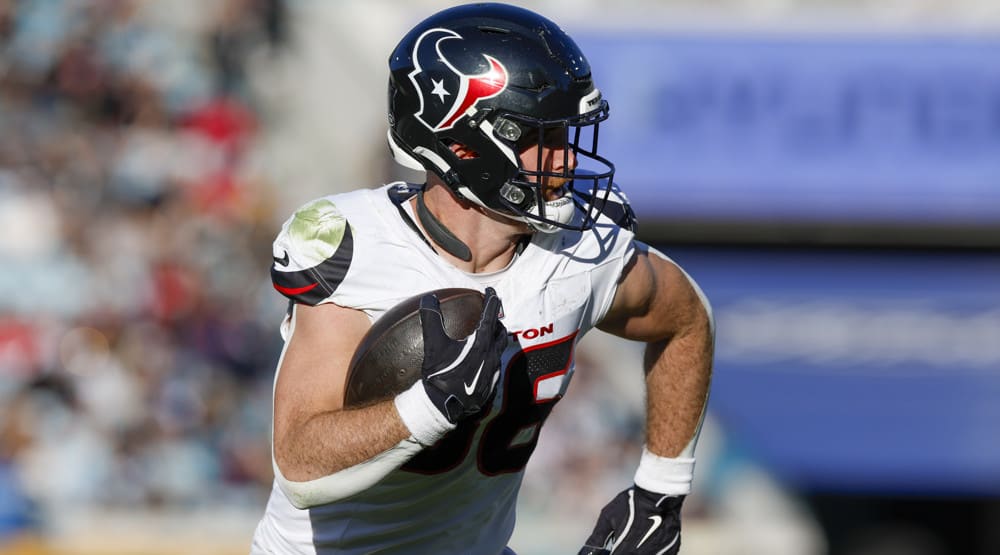Plenty occurred between now and last week's Job Battles article, so look below for updates on the Washington running backs, Las Vegas wide receivers and Pittsburgh backup running backs.
Make sure to check the prior write ups to get to the bottom of the histories up to this point.
Detroit RBs, Washington RBs, and Philadelphia WRs
Indianapolis RBs, San Francisco RBs, and San Francisco WRs
Kansas City RBs, Washington WRs, and Atlanta WRs
Tampa Bay RBs, New England WRs, and Las Vegas WRs
Rams TEs, Pittsburgh RBs, and Atlanta RBs
Denver WRs, Tennessee TEs, and Philadelphia RBs
Buffalo RBs, Minnesota RBs, Detroit WRs
Kansas City WRs
Rams RBs
Miami RBs, Cleveland WRs
Jacksonville WRs, Seattle TEs
August 3: KC RB update, TB RB update, GB WRs, PHI WRs, DET WR update, WAS WR update
Washington RBs
Antonio Gibson (123.0 NFFC, 108.39 BB10)
Adrian Peterson (152.6 NFFC, 147.48 BB10)
Bryce Love (208.5 NFFC, 215.71 BB10)
JD McKissic (292.8 NFFC, 240.1 BB10)
Peyton Barber (284.9 NFFC, 239.19 BB10)
With the disgusting Derrius Guice news from Friday and his consequent release, Washington's already fluid backfield situation was made more wide-open yet.
The most expensive remaining fantasy option is doubtlessly Antonio Gibson, the big (6-0, 228), jet-propelled (4.39 40) rookie third-round pick out of Memphis. They don't come much more toolsy than Gibson, whose athleticism is legitimately functional – he's a football athlete rather than a track athlete playing football, in other words. Still, even the most athletic players need reps
Plenty occurred between now and last week's Job Battles article, so look below for updates on the Washington running backs, Las Vegas wide receivers and Pittsburgh backup running backs.
Make sure to check the prior write ups to get to the bottom of the histories up to this point.
Detroit RBs, Washington RBs, and Philadelphia WRs
Indianapolis RBs, San Francisco RBs, and San Francisco WRs
Kansas City RBs, Washington WRs, and Atlanta WRs
Tampa Bay RBs, New England WRs, and Las Vegas WRs
Rams TEs, Pittsburgh RBs, and Atlanta RBs
Denver WRs, Tennessee TEs, and Philadelphia RBs
Buffalo RBs, Minnesota RBs, Detroit WRs
Kansas City WRs
Rams RBs
Miami RBs, Cleveland WRs
Jacksonville WRs, Seattle TEs
August 3: KC RB update, TB RB update, GB WRs, PHI WRs, DET WR update, WAS WR update
Washington RBs
Antonio Gibson (123.0 NFFC, 108.39 BB10)
Adrian Peterson (152.6 NFFC, 147.48 BB10)
Bryce Love (208.5 NFFC, 215.71 BB10)
JD McKissic (292.8 NFFC, 240.1 BB10)
Peyton Barber (284.9 NFFC, 239.19 BB10)
With the disgusting Derrius Guice news from Friday and his consequent release, Washington's already fluid backfield situation was made more wide-open yet.
The most expensive remaining fantasy option is doubtlessly Antonio Gibson, the big (6-0, 228), jet-propelled (4.39 40) rookie third-round pick out of Memphis. They don't come much more toolsy than Gibson, whose athleticism is legitimately functional – he's a football athlete rather than a track athlete playing football, in other words. Still, even the most athletic players need reps to hone their skill sets, and Gibson unfortunately hasn't had much chance for battle testing yet. He basically didn't play in his junior season – his first at Memphis after arriving from the JUCO ranks – and in his 2019 senior season he played wide receiver for most of the year, finishing with just 33 carries, the first of which didn't occur until the fifth game of the year.
Gibson looked like a natural enough runner out of the backfield in his brief audition there, showing an easy lean and cutting effectively despite a fairly upright build. That he didn't look out of place in his first exposure is encouraging – it would have been forgivable if he looked awkward, yet he didn't. All the same, Gibson's lack of focus on the running back position means the ins-and-outs of the position might be lost on him until he gets more reps there. In a shortened and disrupted offseason, he's in a race against time with less actual time than any prior cases. It might be a little unfair to expect Gibson to take over this backfield right off the bat, in that case.
If Washington is anxious about Gibson's polish as a pure running back, then Adrian Peterson offers them a theoretically reliable veteran option. At about 35.5 years old at the season's start, Peterson's athleticism is liable to fall off a cliff with no notice. As much as that was also the case the prior few years – none of which saw Peterson lose his trademark violence as a runner – with each passing day that cliff becomes more likely to appear. If he's the same guy as he was in 2019, though, then Peterson should at least be serviceable – his 898 yards and five touchdowns on 211 carries last year were impressive given the dysfunction of the Washington offense.
Peterson has never been much of a passing-down back, however, so it seems like the passing down tasks will be left to some combination of Gibson and J.D. McKissic, whose pass-catching polish offers Washington a high-floor, low-ceiling option in the event that Gibson is problematic for whatever reason. Still, especially in the case of manufactured targets like screen passes, Gibson's background as a former wide receiver should give him a better starting point than where he's building from as a runner out of the backfield. If Gibson does enough as a pass catcher, and if his price stays reasonable in fantasy drafts (maybe that's asking too much), then it's possible that he and Peterson could coexist in some productive way for fantasy investors.
Bryce Love is probably the most confusing part of this backfield. The former fourth-round pick out of Stanford is a former track prodigy and has one of the most ridiculous collegiate seasons to his credit after torching the west coast for 2,118 yards and 19 touchdowns on just 263 carries -- 8.1 yards per carry. He struggled more in his senior season, though, turning 166 carries into 739 yards (4.5 YPC) while playing nicked up, and then he suffered a torn ACL at the end of the year. That knee has been problematic to some unspecified extent since then, and it's not obviously clear whether Love is back to 100 percent health. If he is at full health, Love is a burner, perhaps possessing sub-4.3 speed. The problem even in that case is that Love is unproven at best as a pass catcher, which could leave him in the generally problematic position of being a small running back (5-9, 205) who's a rushing specialist. If a running back is a rushing specialist then we'd prefer that he project for a bigger workload than Love realistically can. If a running back can't project for a big rushing workload, then we'd hope that a disproportionate amount of his usage occur in the passing game, offsetting the lighter workload with PPR utility. It's not clear whether that's on the table for Love.
Peyton Barber is hanging around otherwise, but he's probably just the backup option for Peterson in case the veteran gets hurt or looks toasted in training camp. If Peterson is off the field for whatever reason and Gibson is still working his way into the lineup, then Barber might be the lead remaining ballcarrier for Washington. Still, a lot of different variables would need to fall a very particular way for Barber to end up mattering much in 2020.
Las Vegas WRs
Henry Ruggs (118.5 NFFC, 118.35 BB10)
Hunter Renfrow (176.4 NFFC, 176.9 BB10)
Tyrell Williams (230.1 NFFC, 213.52 BB10)
Bryan Edwards (238.7 NFFC, 224.61 BB10)
Raiders offensive coordinator Greg Olson unintentionally generated some headlines when he said that the Raiders would 'start with' Henry Ruggs at the slot position and Bryan Edwards outside, which some credulously read as 'Ruggs and Edwards will both be starters, Ruggs in the slot and Edwards outside.' Olson pretty clearly was speaking in a chronological sense – Ruggs will begin in the slot and Edwards will begin outside, though the rookie duo should eventually line up all over the place. Ruggs' speed plays outside, and Edwards' route running can play in the slot. There was no final arrangement implied.
All the same, it's a good sign for Ruggs that the Raiders are giving him reps in the slot, because this is the area Derek Carr throws to most reliably. While Ruggs isn't guaranteed anything in particular due to Olson's comments, it probably does at least show that the Raiders plan to throw Ruggs the ball, wherever it is that he eventually lines up. As far as Ruggs' slot reps go specifically, though, that would be subject to the playing time of Hunter Renfrow, who's purely a slot specialist. Limited upside or not, Renfrow was productive in the slot last year, so Ruggs probably isn't going to start over Renfrow unless Renfrow really struggles. It's more likely the case that the Raiders are preparing Ruggs to take nearly every slot snap that doesn't go to Renfrow, though still leaving Renfrow with the first dibs. Still, each slot rep that goes to Ruggs is categorically bad news for Renfrow, because while Ruggs can play outside if Renfrow is in the slot, Renfrow can't play outside if Ruggs is in the slot.
Tyrell Williams, despite his late mention in this blurb, is in any case highly likely to play a three-down starting role at outside receiver. He was very effective last year, especially before he suffered from plantar fasciitis, and the Raiders are paying him too much to be on the bench. With that noted, it's worth mentioning that Williams is unlikely to project for many slot snaps. Though it's a long-shot premise, Williams' investors (and Edwards' investors) should hope that Ruggs plays in the slot as much as possible.
We might think of the Raiders snap rotation to function loosely as follows:
Outside: Williams, Ruggs, Edwards
Slot: Renfrow, Ruggs, Edwards
Pittsburgh Backup RBs
Benny Snell (249.8 NFFC, 237.87 BB10)
Anthony McFarland (162.6 NFFC, 195.58 BB10)
Jaylen Samuels (242.9 NFFC, 238.58 BB10)
Kerrith Whyte
Plugged-in beat write Ed Bouchette of The Athletic posted his final Pittsburgh roster projection, and it notably omitted Jaylen Samuels in favor of Kerrith Whyte. The credibility of the source understandably caused the prediction to make some waves in the fantasy community, because Bouchette is not known for being wrong.
It's also worth noting, though, that Bouchette didn't mean to claim any special knowledge in his projection. The information he collects is uncommonly reliable relative to the rest of the sports media industry, but he was clear that he was just guessing in this case rather than breaking some sort of story.
The reasoning as explained by Bouchette goes as quoted: "I chose Whyte because of his speed and what he did in a short time with them last season." There are grounds to question this logic, because (1) Whyte's speed is not unique on this depth chart and (2) 'what he did' last year was function as an off-the-bench speed rushing threat with no passing game application. To the first point, Anthony McFarland already provides a greater speed application. This quickly bleeds into the second point, which is that to the extent there's an off-the-bench speed rushing specialist role in the 2020 offense, it will be McFarland's to claim. Whyte only played 41 snaps in six games last year, with his single-game high registering at nine snaps. This speed run-specialist role is not substantial enough to justify roster spots for both McFarland and Whyte, but McFarland isn't getting cut.
With it noted that McFarland and Whyte are redundant as speed backs who don't contribute in the passing game, the next consideration to make on the Samuels question is to what extent the Steelers have viable passing down backs. McFarland or even Whyte could very well develop further on those fronts, but in the meantime they are totally unproven in this area – an area where Samuels stands uniquely qualified. James Conner has been an exceptionally good pass-catching running back in the NFL, but if the Steelers cut Samuels then Conner will be the only Steelers running back clearly capable of contributing in the passing game.
What do we think is more important to the Pittsburgh offense: the seven-snap-per-game speed runner role behind Conner and Benny Snell, or the main passing down backup role behind the durability-challenged Conner? Samuels played 370 snaps last year as a 23-year-old passing down specialist in only his second year of playing running back. Whereas Whyte's highest single-game snap count was nine, Samuels played at least 14 snaps in every game last year, and more than 20 snaps in 11 games.
Samuels might be below average as a pure runner – his 3.5 yards per carry average over 122 attempts is at once discouraging and inconclusive – but as a receiver he is uniquely qualified. There aren't 15 NFL running backs more competent as a receiver than Samuels is. On 596 career snaps, Samuels has drawn targets at a high rate, catching 73 of 86 for 504 yards, meaning he caught 84.9 percent of his targets at 5.9 yards per target. In the 19 games where Samuels drew targets, the Pittsburgh passing game base line registered a completion percentage of 64.6 at 6.8 yards per attempt. Samuels' numbers therefore register as well above the base line, his 0.9-yard YPT deficit more than overruled by the catch percentage surplus of 20.3.
Samuels could very well get cut or traded by the Steelers, but they would probably need to acquire another viable passing-down back to do so responsibly. If Conner gets hurt and Samuels isn't on the roster then the Steelers will have no recourse for passing situations. Barring that development, expect Snell to serve as the primary backup runner to Conner, and Samuels the primary backup pass catcher to Conner. Expect McFarland to reap the (modest) benefits Bouchette ascribed to Whyte.


